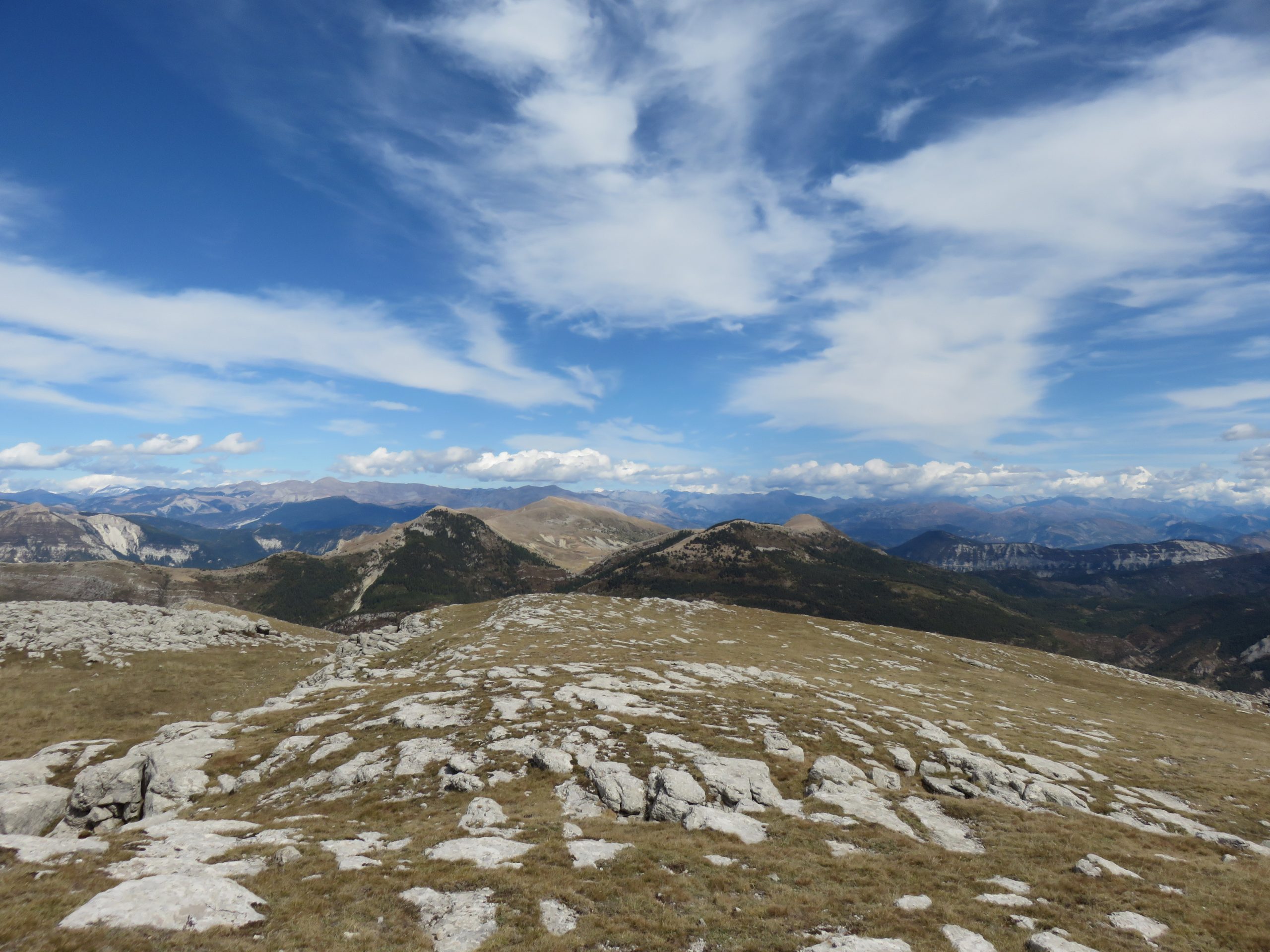
© Ruth M. Bancewicz
One of the main ideas I’ve been writing about over the last couple of years has been the concept that all creation praises God. This is a recurring theme in the Bible, and so is the idea that we join in with creation’s praise when we worship God ourselves. The theologian Richard Bauckham, who is best known for his book Jesus and the Eyewitnesses, has been an important voice on this subject. A kind friend sent me one of his articles recently, and I wanted to share some of the highlights from it here.
A number of theologians over the years have seen humankind as priests of creation, bringing the non-human parts of God’s world before him in a way that somehow enables it to praise him fully. Perhaps Genesis 1:28 or 2:15, which speak of ‘ruling’, ‘subduing’, ‘working’ and ‘taking care’ (NIV) of the earth, influenced this line of thinking. But the full Biblical context puts a very different slant on our relationship to creation. It’s about fellow-creatures helping each other, and not priesthood.
In the Psalms and Job, all of creation is praising God. In Luke, Jesus says the stones would start praising him if people didn’t (19:40). There is no hint here that people are needed to enable creation’s praise to happen. We must simply join in, adding to the choir. We are God’s creatures alongside all his other creatures. One of the well-known liturgies used by monks in the West uses a passage like this, from the Apocrypha. (These books, and in this case half a chapter of Daniel, were not recognised as scripture by the Anglican Church, but are used ‘for example of life and instruction of manners’.) Like the great creation hymn in Psalm 148, this passage is a shout to the creator of everything, encouraging a succession of things he has made to worship him.
Bless the Lord, all you works of the Lord;
sing praise to him and highly exalt him for ever…‘Let the earth bless the Lord;
let it sing praise to him and highly exalt him for ever.
Bless the Lord, mountains and hills;
sing praise to him and highly exalt him for ever.
Bless the Lord, all that grows in the ground;
sing praise to him and highly exalt him for ever.
Bless the Lord, you springs;
sing praise to him and highly exalt him for ever.
Bless the Lord, seas and rivers;
sing praise to him and highly exalt him for ever.
Bless the Lord, you whales and all that swim in the waters;
sing praise to him and highly exalt him for ever.
Bless the Lord, all birds of the air;
sing praise to him and highly exalt him for ever.
Bless the Lord, all wild animals and cattle;
sing praise to him and highly exalt him for ever.’Daniel 3:57, 74-81 (NRSV, Anglicised Catholic Edition)
For Bauckham this singing is metaphorical, but it draws attention to fact that all creatures praise God by being themselves. They don’t only praise with their ‘voices’, but with everything else they do as well: eating, running, hopping, grooming, reproducing, and so on (which is a reminder to us that our whole lives can be an act of praise to God).
Urbanisation has taken us away from the rest of creation, often reducing it in our eyes to a resource that we draw on when we feel like it, or need it. Our isolation from creation’s praise can add to our sense that the whole world revolves around us and our needs.
In reality, creation is God-centred and ‘his name alone is exalted’ (Psalm 148:13). The value of creation for God is not necessarily linked to its value for us – it is of value to God because he made it, he cares for it, and it praises him.
Another way of reading Genesis 1:28, is that everything belongs to God and we are trusted to care for it. “God blessed them and said to them, “Be fruitful and increase in number; fill the earth and subdue it. Rule over the fish in the sea and the birds in the sky and over every living creature that moves on the ground.” To rule wisely, we need to get hold of the fact that we are creatures alongside all the other creatures. One way to ground ourselves in this idea is to re-join the choir and worship God together.
Rather than being needed to help creation praise God, we can actually rely on it to help us in our worship. Sharing God’s delight in creation, we can learn to delight in God. In return, the best thing we can do is to let living things recover their full fruitfulness as much as possible so they can praise God fully.
So we may not be a priesthood over all the earth, but neither are we banished from the land. We are called to a life of humble service, taking care of each other and everything else on this planet. In this way, we can choose to see other creatures as they are, pointing our attention away from themselves towards God – until we are caught up in their praise of him.
This post is a summary of some of the content of Bauckham’s paper ‘Joining Creation’s Praise of God’, Ecotheology, 7 (2001), 45-59. Any errors here are undoubtedly the work of the writer of this post, and not Dr Bauckham.
The whole of Daniel 3: 57-88 can be found here.




